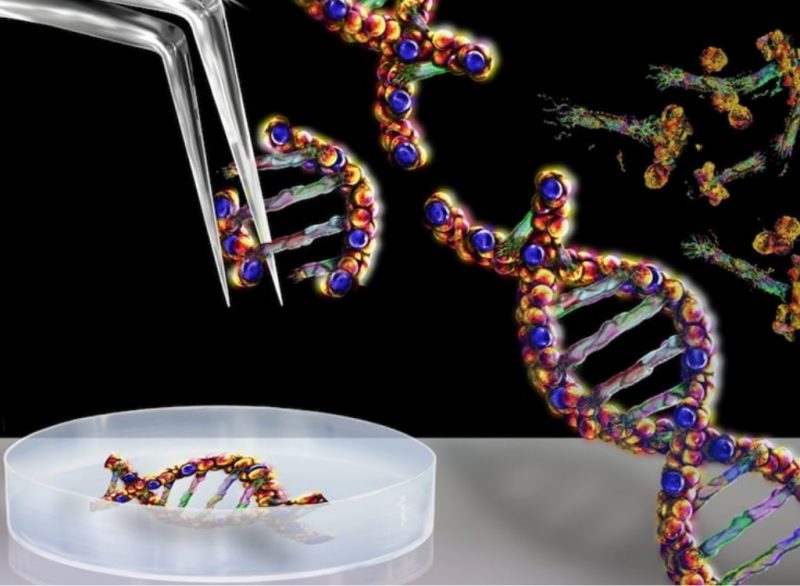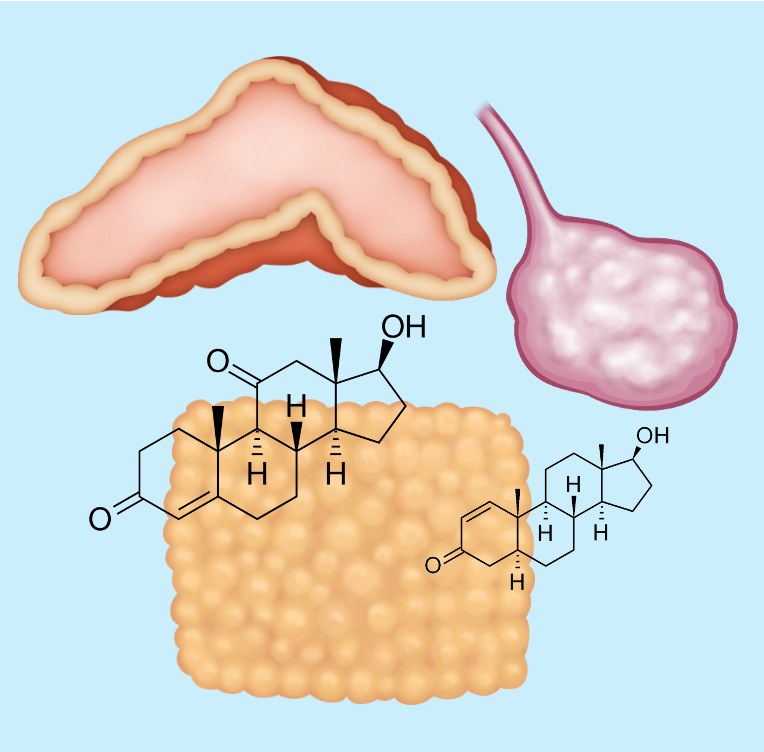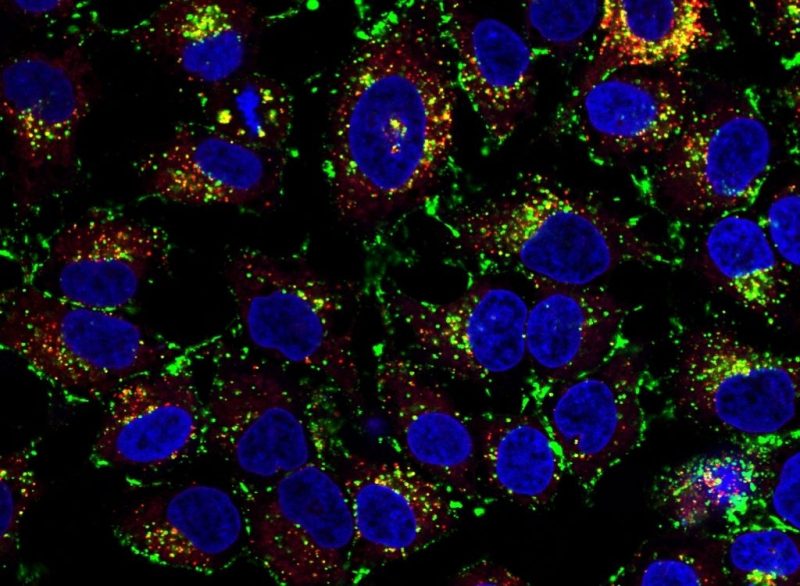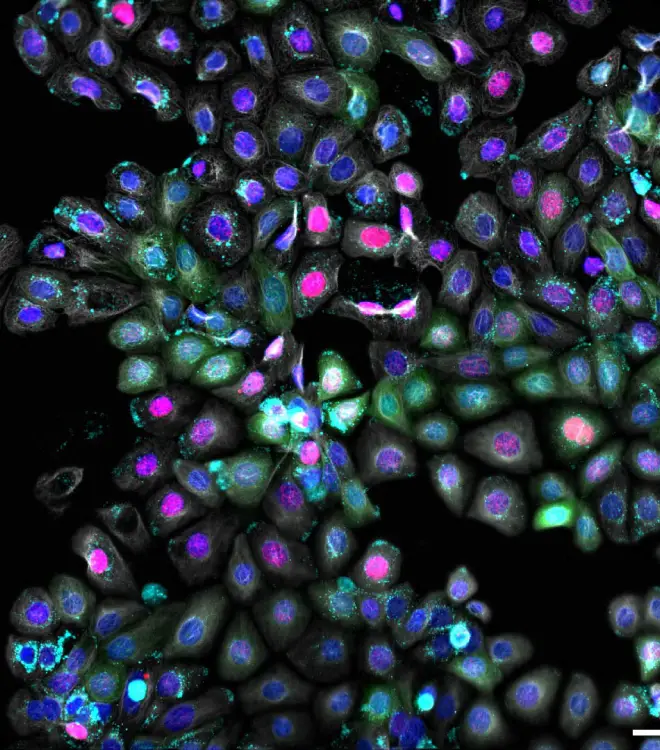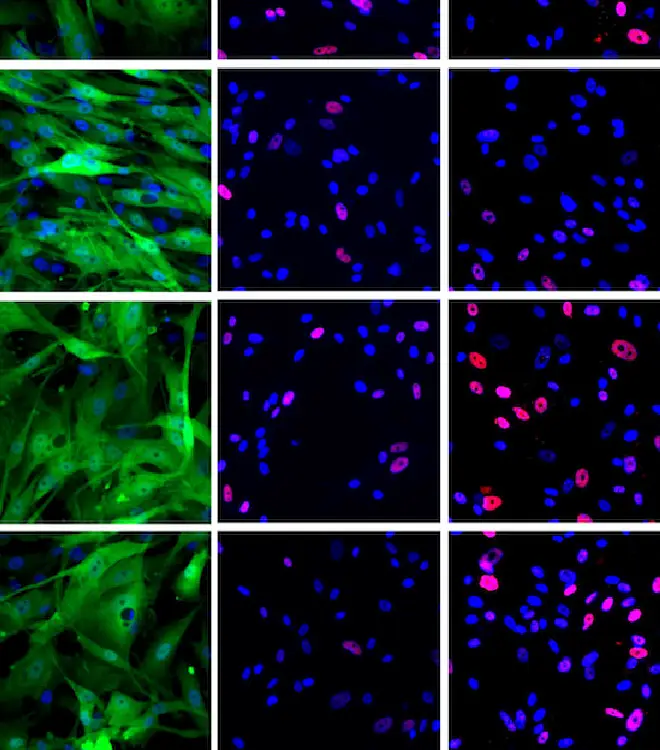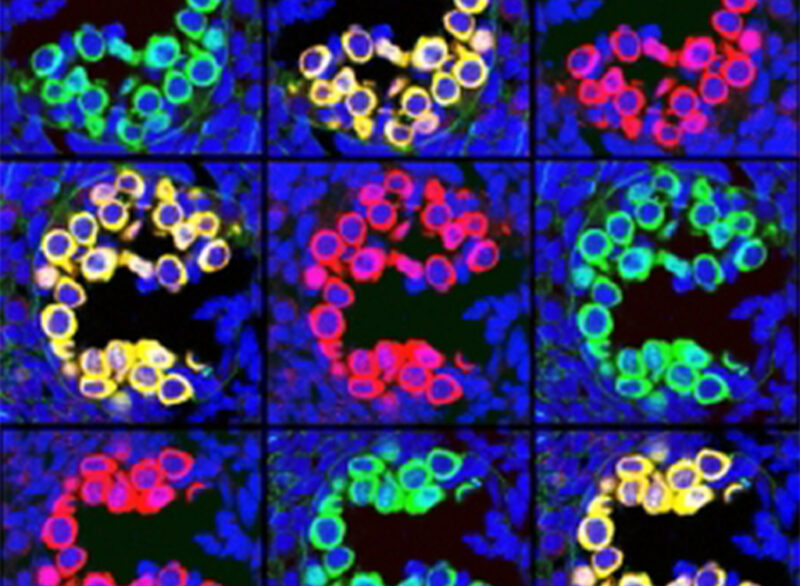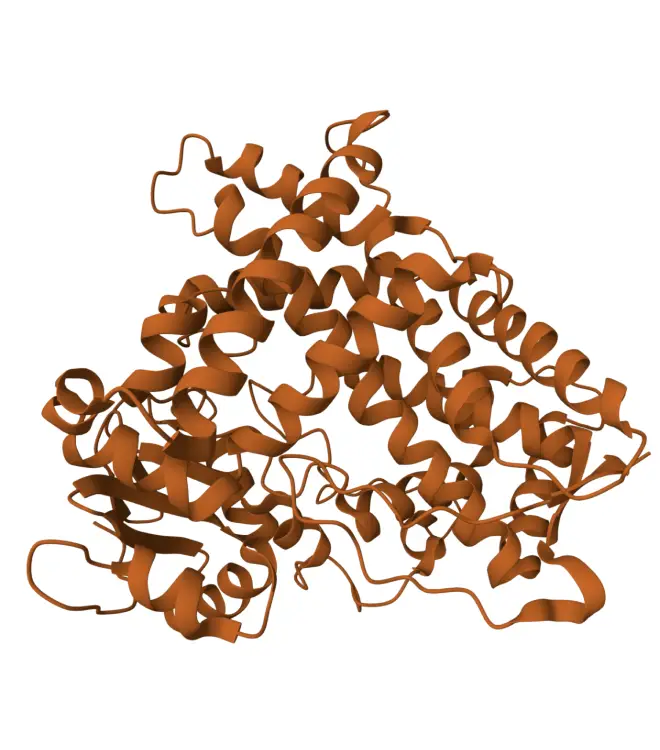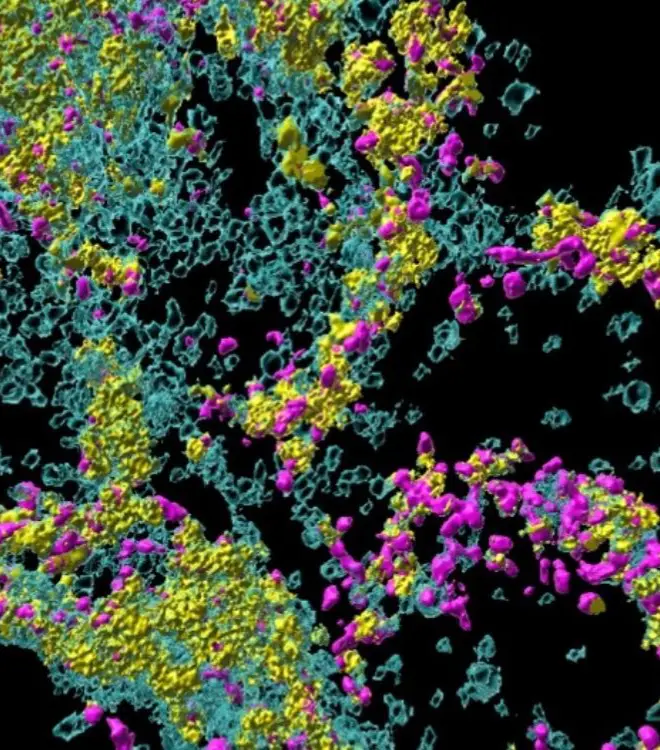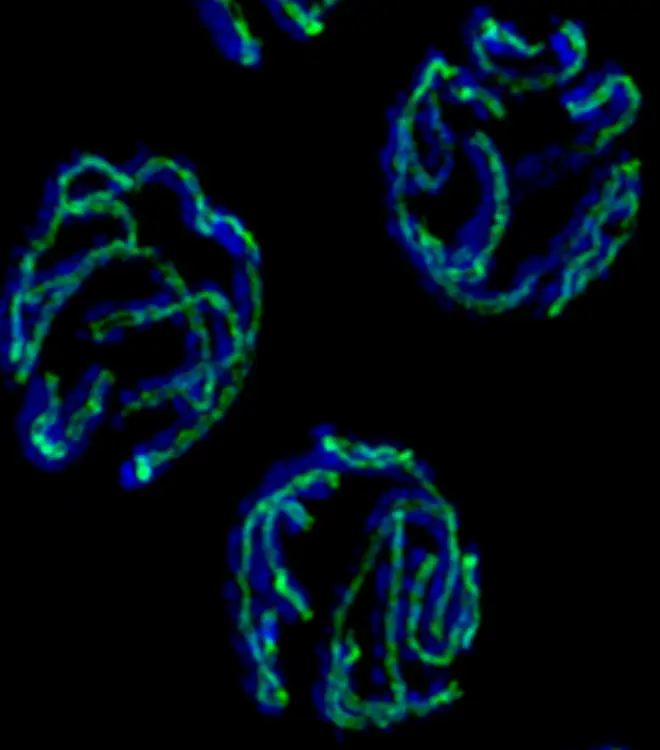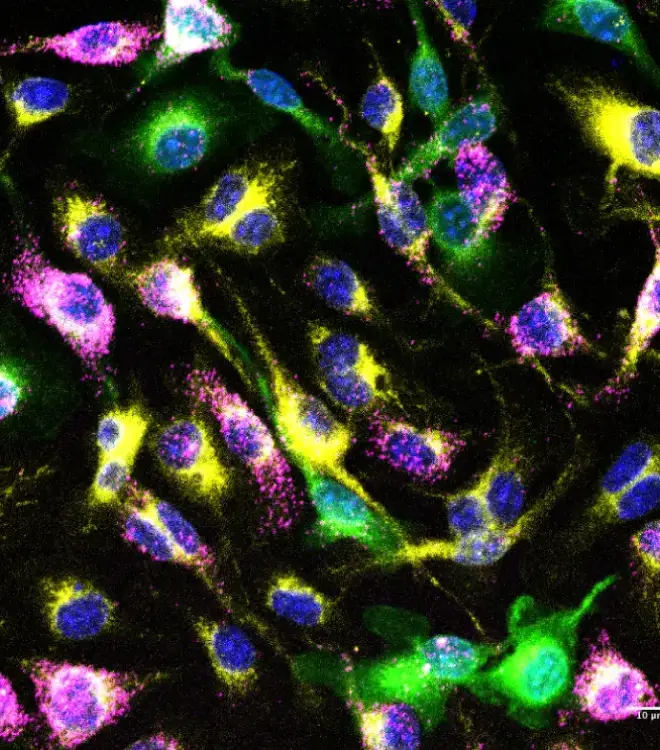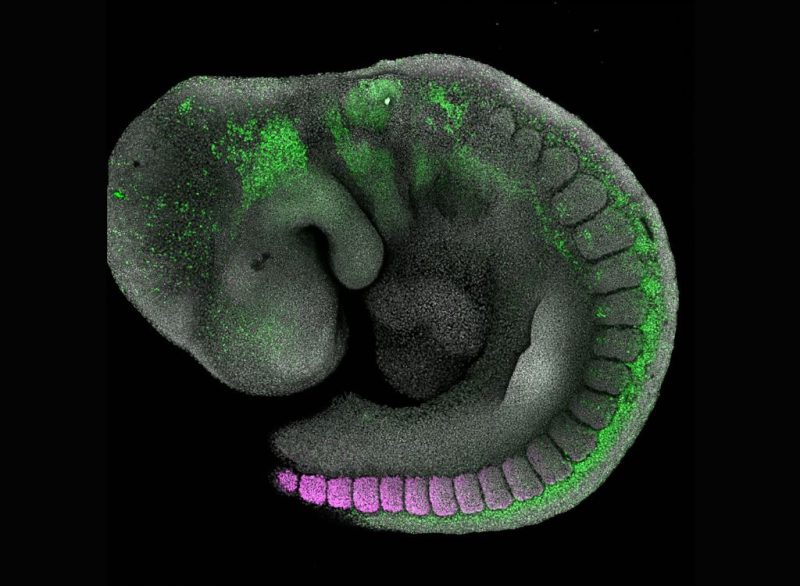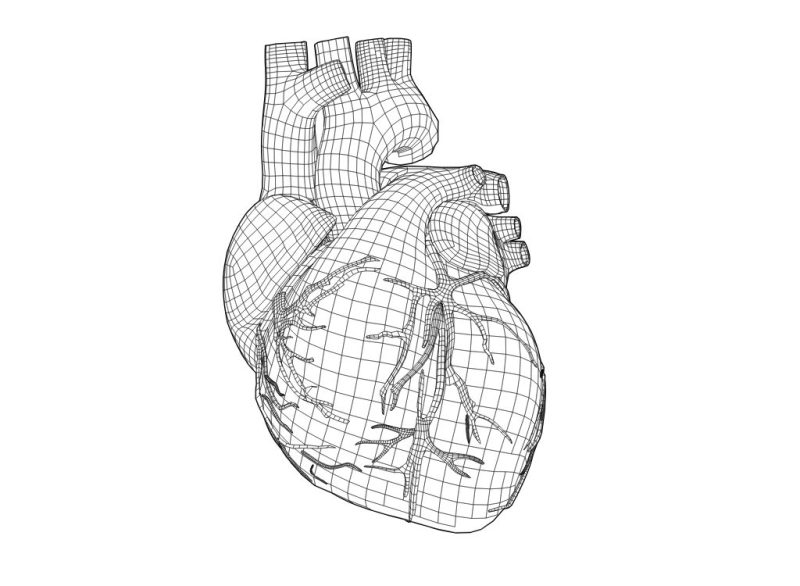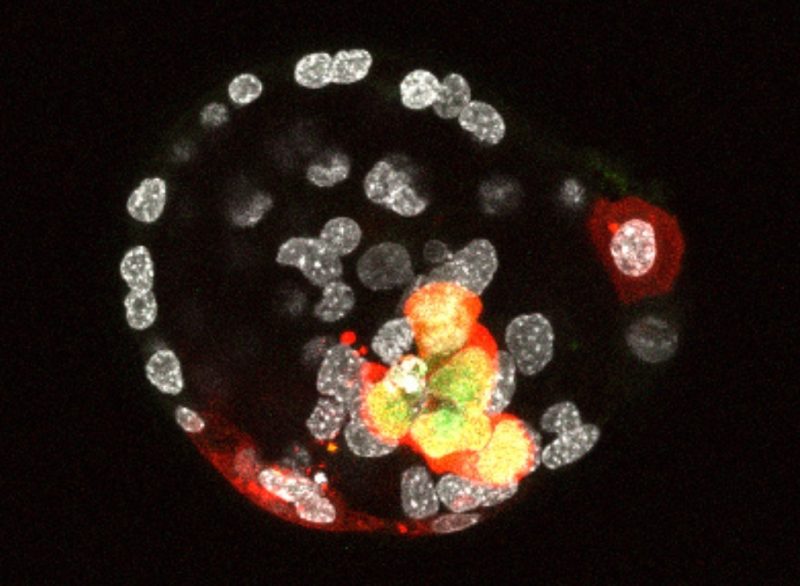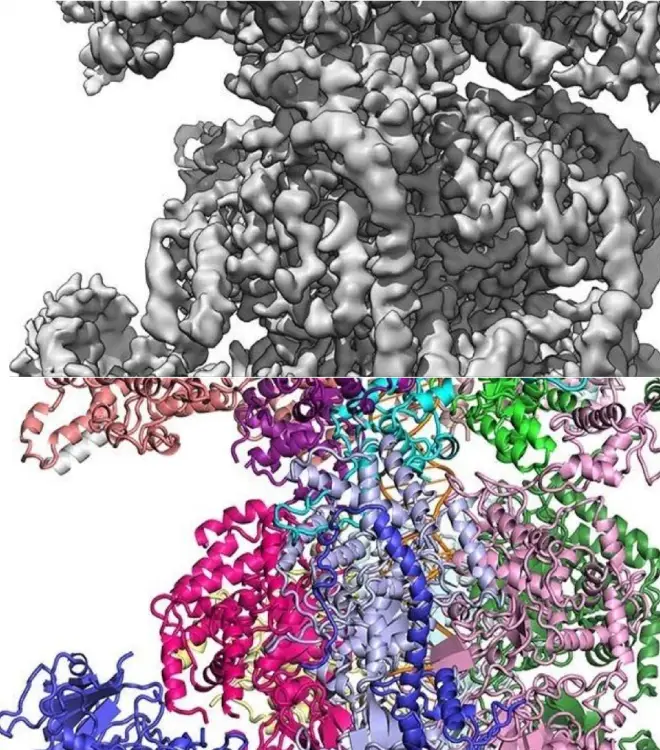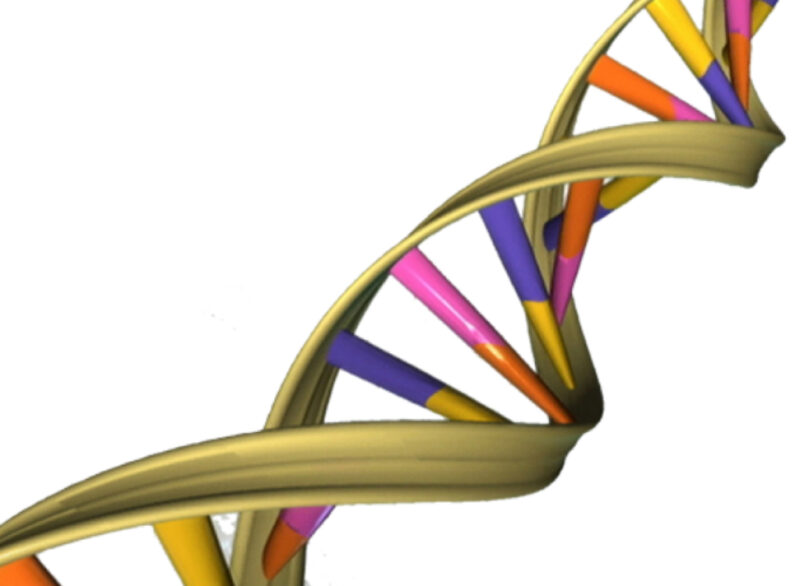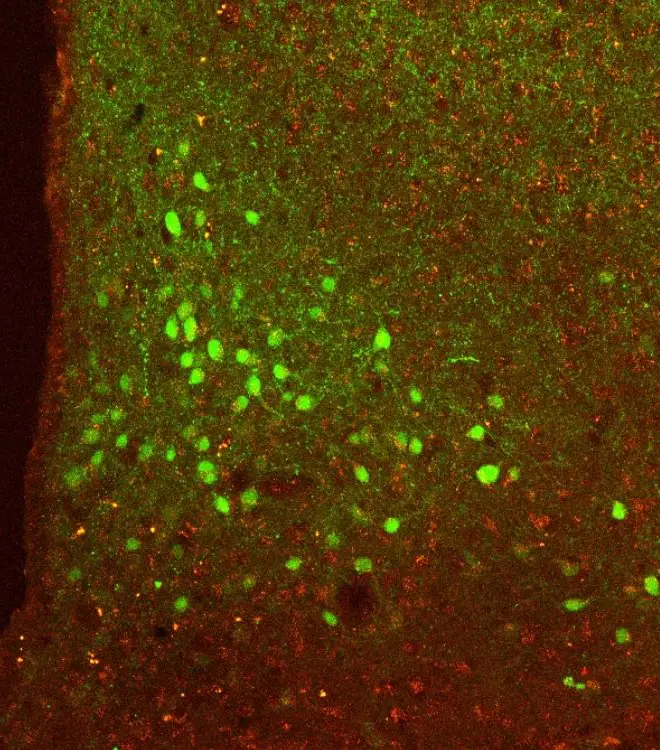Research priorities
At the LMS diverse teams with wide-ranging perspectives come together to discover the common principles and mechanisms that underpin human health and disease. We study how these mechanisms involve genes, cells and metabolism, and how they are influenced by ageing, sex differences and the environment.
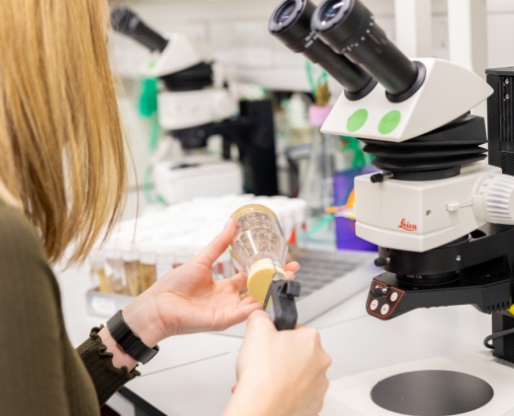
Mechanisms of multimorbidity
Multimorbidity is a central challenge to human health. Increased life expectancy has brought a demographic shift over recent decades, resulting in a rise in the prevalence of chronic and potentially disabling diseases and conditions. This creates increasingly complex problems in managing patients. A better understanding of the mechanisms that can support healthy ageing is key to the identification of novel interventions that increase healthspan rather than lifespan.
Multimorbidity encompasses the accumulation of chronic conditions as we age, including cancer, metabolic and cardiovascular diseases, and conditions of the young, such as rare and complex inherited disorders. LMS research prioritises the interacting mechanisms behind these interwoven biological problems, with a systems approach and collaborative philosophy to ensure our detailed discovery science has the widest possible clinical impact.
Cell identity across the life course
From the creation of life to death, what are the determinants of both lifespan and healthspan? Each stage of life presents unique biomedical challenges, but the fundamental principles of ageing influence biological mechanisms throughout the life course. Our teams explore the molecular processes of fertility, pregnancy, early development and genetic and epigenetic inheritance. We ask how health and disease changes during the important phase of adolescence. And at the cellular- and systems-level, LMS research seeks to explain how the biological processes of ageing influence healthy, long lives.
Sex differences in biology and disease
Sex differences take hold at the earliest point of life, in foetal development. Diseases manifest differently in males and females, drug response varies, and some conditions exclusively or predominantly affect one sex. Biomedical research has historically neglected these differences, resulting in poorer treatment for women or the framing of women’s health as being limited to aspects of reproductive processes, disregarding differences throughout the life course. LMS research not only directly addresses these differences to improve therapy for all, but also stratifies samples and manages research processes to ensure these factors are considered across every discovery.
Gene-environment interactions
With a changing climate, increasing pollution and the growing influence of the commercial determinants of health, the impact of the environment on our biology is only growing in importance. LMS research starts at the molecular level, asking how these outside influences are reflected in metabolic and epigenetic processes in the body. How is gene regulation changed over time, what are the consequences for long-lasting heritable characteristics, and how does the body’s response to cues and situations distort?

